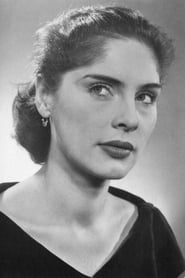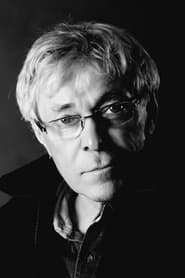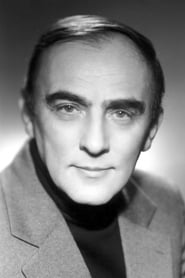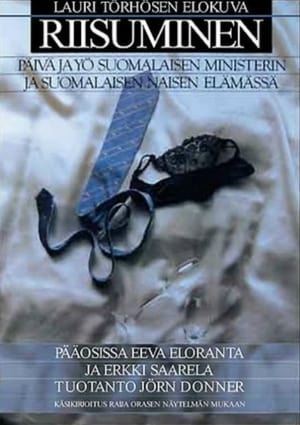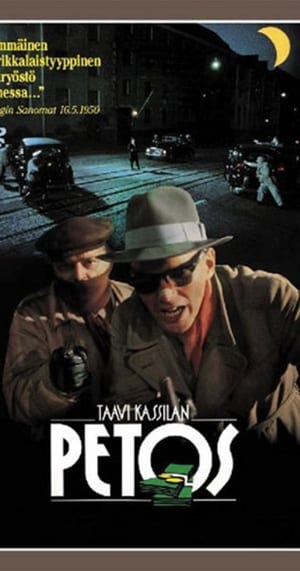

Ostrov Afrodity(1974)

Movie: Ostrov Afrodity
Top 9 Billed Cast

Ostrov Afrodity
HomePage
Overview
Release Date
1974-12-01
Average
0
Rating:
0.0 startsTagline
Genres
Languages:
ČeskýKeywords
Similar Movies
 6.5
6.5Water Drops on Burning Rocks(fr)
In 1970s Germany, Léopold, a 50-year-old businessman, picks up and seduces 20-year-old Franz, who swiftly moves into his apartment. The dynamic between them intensifies with the sudden arrival of their ex-girlfriends.
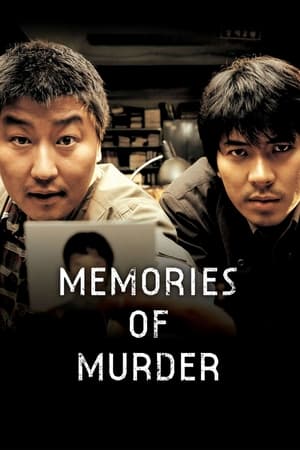 8.1
8.1Memories of Murder(ko)
During the late 1980s, two detectives in a South Korean province attempt to solve the nation's first series of rape-and-murder cases.
 7.3
7.3Quiz Show(en)
Herbert Stempel's transformation into an unexpected television personality unfolds as he secures victory on the cherished American game show, 'Twenty-One.' However, when the show introduces the highly skilled contestant Charles Van Doren to replace Stempel, it compels Stempel to let out his frustrations and call out the show as rigged. Lawyer Richard Goodwin steps in and attempts to uncover the orchestrated deception behind the scenes.
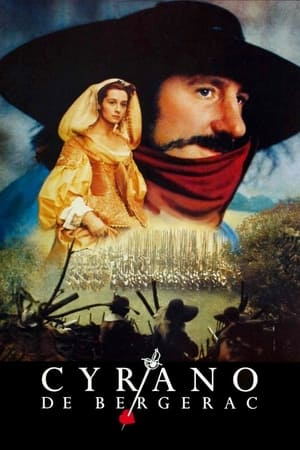 7.3
7.3Cyrano de Bergerac(fr)
Famed swordsman and poet Cyrano de Bergerac is in love with his cousin Roxane. He has never expressed his love for her as he his large nose undermines his self-confidence. Then he finds a way to express his love to her, indirectly.
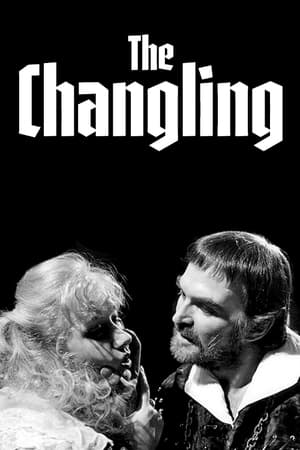 7.0
7.0The Changeling(en)
Sexual passion breeds violence in the Thomas Middleton and William Rowley written tale of a beautiful woman who falls in love with a sea-captain. Filmed with lush production values and at a leisurely, very British pace, Helen Mirren is riveting as Beatrice-Joanna, a young lass already torn by love and commitment.Beatrice-Joanna (Helen Mirren) is betrothed to Lord Alonzo de Piraquo (Malcolm Reynolds) but is in love with Alsemero (Brian Cox). She hires her father's manservant, De Flores (Stanley Baker), to kill Alonzo but after he has done so, she realises De Flores wants her as a reward.The Changeling was an instalment of the BBC's Play of the Month series and is a production for television of a 1622 Jacobean tragedy of the same name, written by Thomas Middleton and William Rowley.
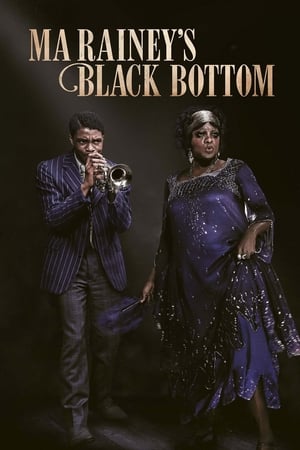 6.7
6.7Ma Rainey's Black Bottom(en)
Tensions rise when the trailblazing Mother of the Blues and her band gather at a Chicago recording studio in 1927. Adapted from August Wilson's play.
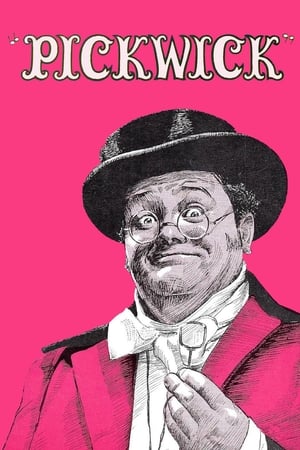 0.0
0.0Pickwick(en)
Pickwick is a British television musical made by the BBC in 1969 and based on the 1963 stage musical Pickwick, which in turn was based on the 1837 novel The Pickwick Papers written by Charles Dickens. It stars Harry Secombe as Samuel Pickwick and Roy Castle as Sam Weller. This television production was based on the stage musical Pickwick which had been a commercial success. It was adapted for the screen by James Gilbert and Jimmy Grafton. The musical had premiered in the West End in 1963, again with Harry Secombe in the lead role. Running at 90 minutes and made in colour, the TV musical again had lyrics by Leslie Bricusse and a score by Cyril Ornadel. The book was by Wolf Mankowitz and it was directed by Terry Hughes. The programme was first transmitted on 11 June 1969 and again on 26 December 1969. One of the better known songs from the score is "If I Ruled the World". The cast of this production differed somewhat from that of the stage musical.
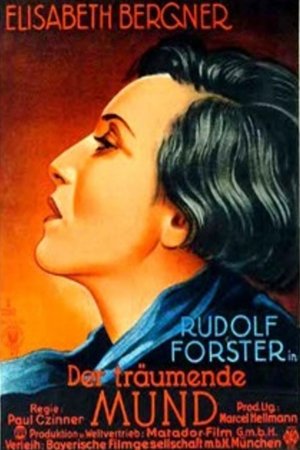 0.0
0.0Dreaming Lips(de)
The young Gaby is happily married to the musician Peter but cannot ignore the impression that his friend Michael, a violin virtuoso, makes on her. Even when Peter falls seriously ill, she cannot forget her love for Michael. Torn between the two men, Gaby sees only one way out...
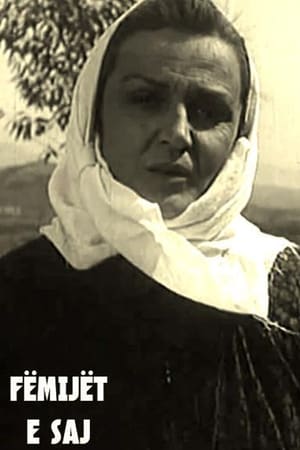 0.0
0.0Her Children(sq)
Events take place in an isolated mountaineous village where a rabid dog bites the son of Fatime. The woman has to decide where to take her son, to the doctor or to Aunt Remja, an old woman who practices magic.
 6.0
6.0A Master Builder(en)
A successful, ego-maniacal architect who has spent a lifetime bullying his wife, employees and mistresses wants to make peace as his life approaches its final act.
 0.0
0.0The Caretaker(sv)
Mick and his brother Aston live alone together in a West London house until one night Aston brings home Davies, who just left his job as a kitchen helper at a restaurant. The old man proves to be a violent, selfish bigot, uncharitable himself but quick to exploit the kindness of others.
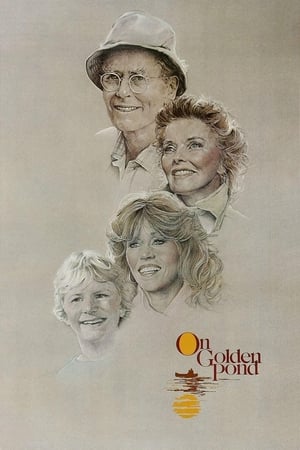 7.2
7.2On Golden Pond(en)
For Norman and Ethel Thayer, this summer on golden pond is filled with conflict and resolution. When their daughter Chelsea arrives, the family is forced to renew the bonds of love and overcome the generational friction that has existed for years.
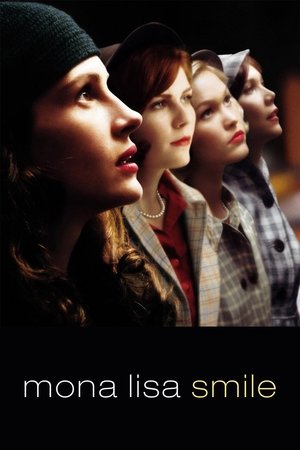 6.9
6.9Mona Lisa Smile(en)
Katherine Watson is a recent UCLA graduate hired to teach art history at the prestigious all-female Wellesley College, in 1953. Determined to confront the outdated mores of society and the institution that embraces them, Katherine inspires her traditional students, including Betty and Joan, to challenge the lives they are expected to lead.
